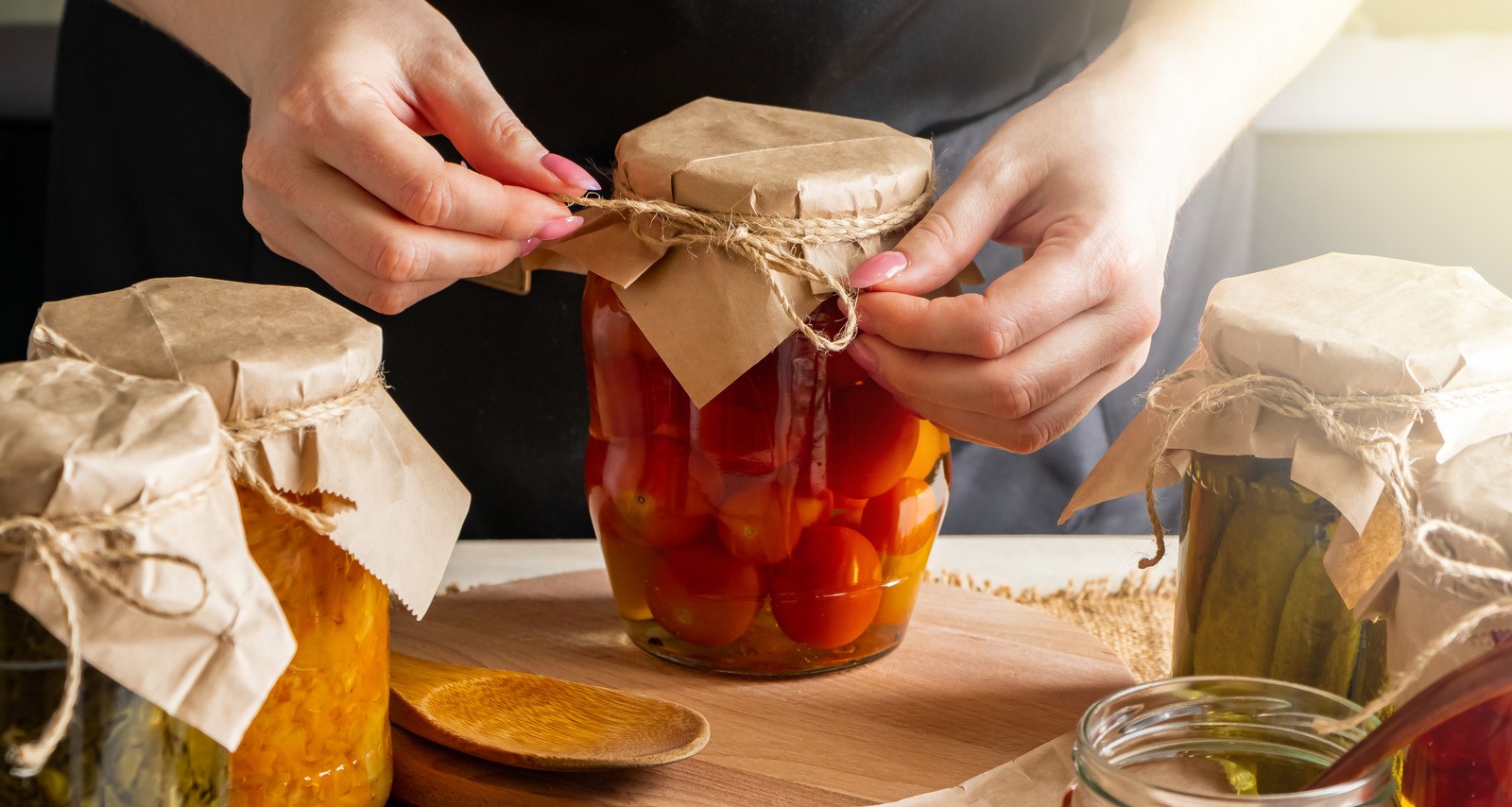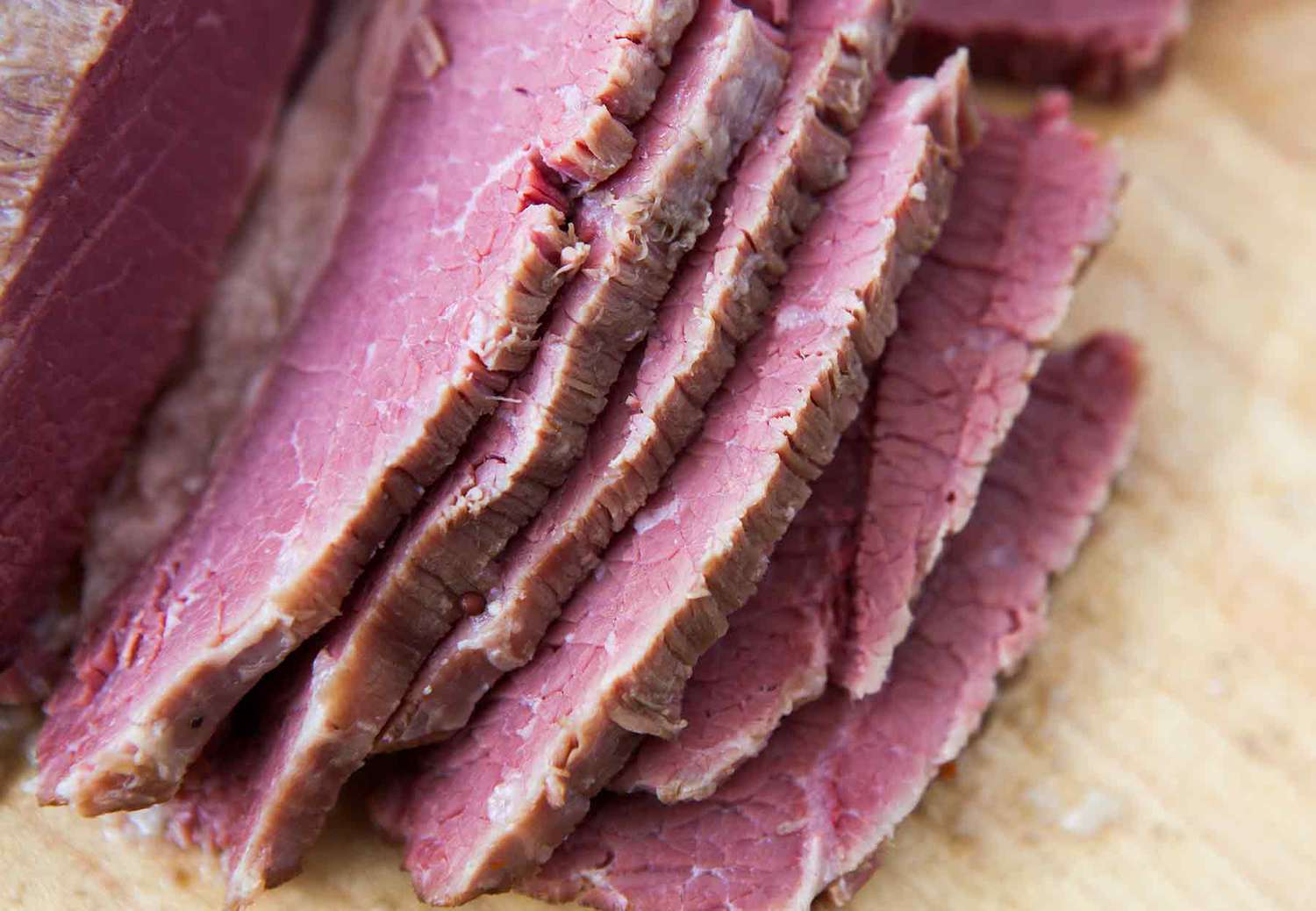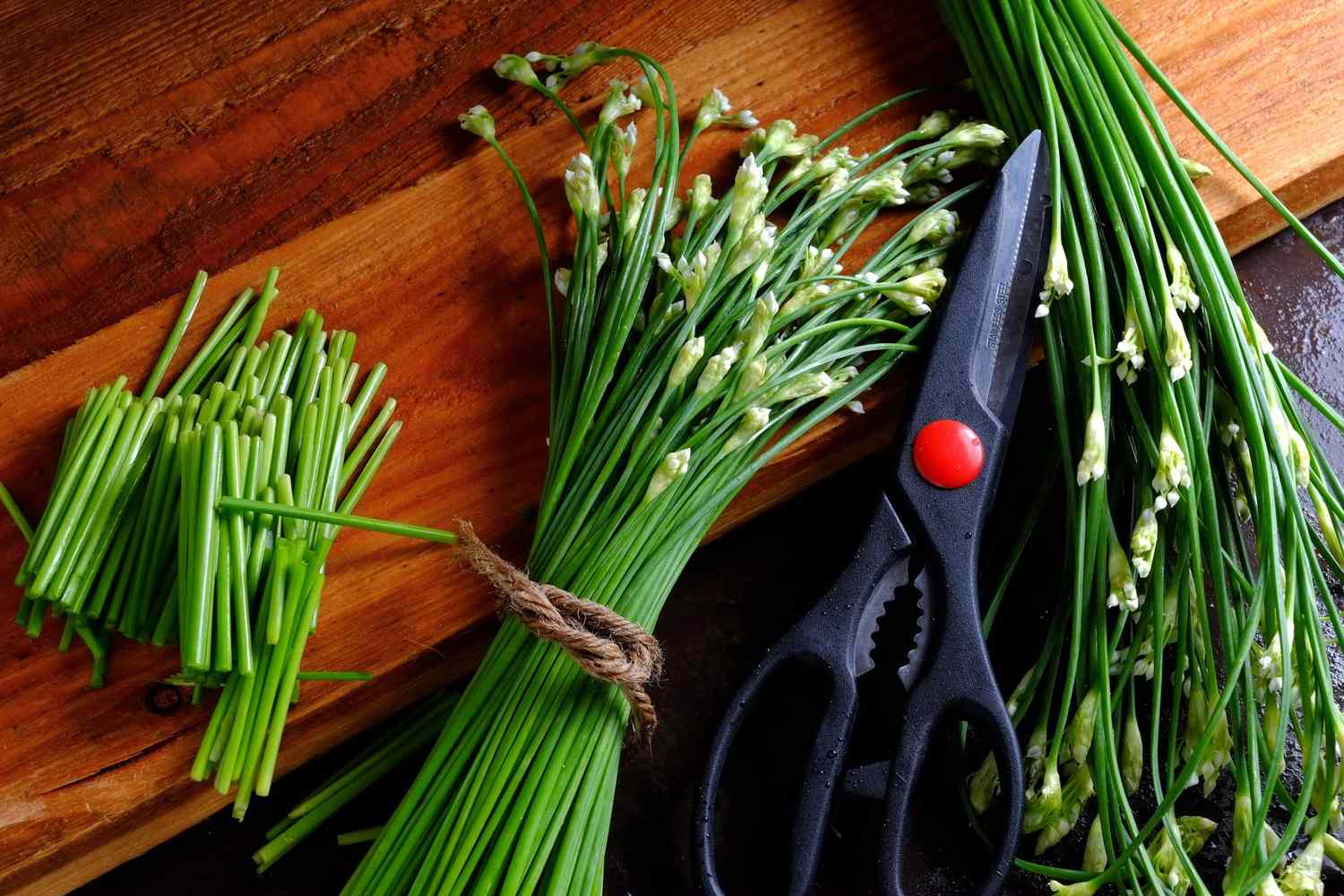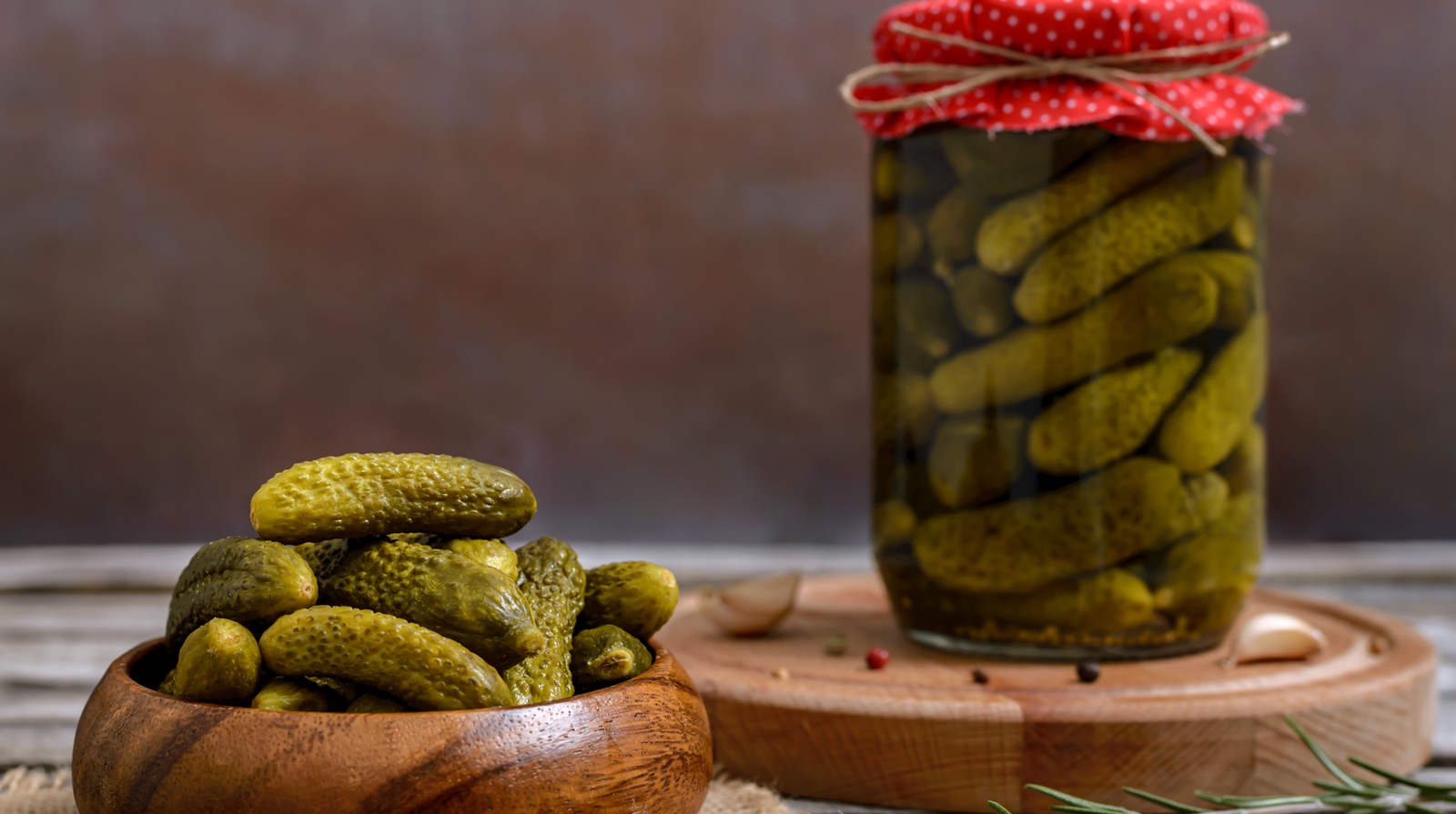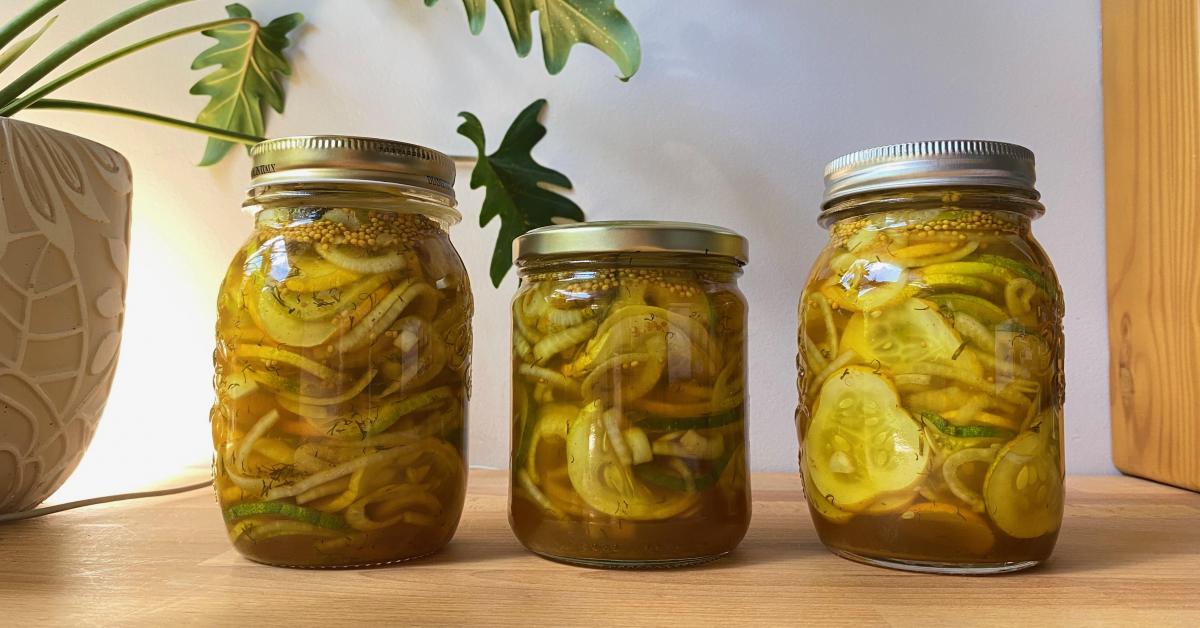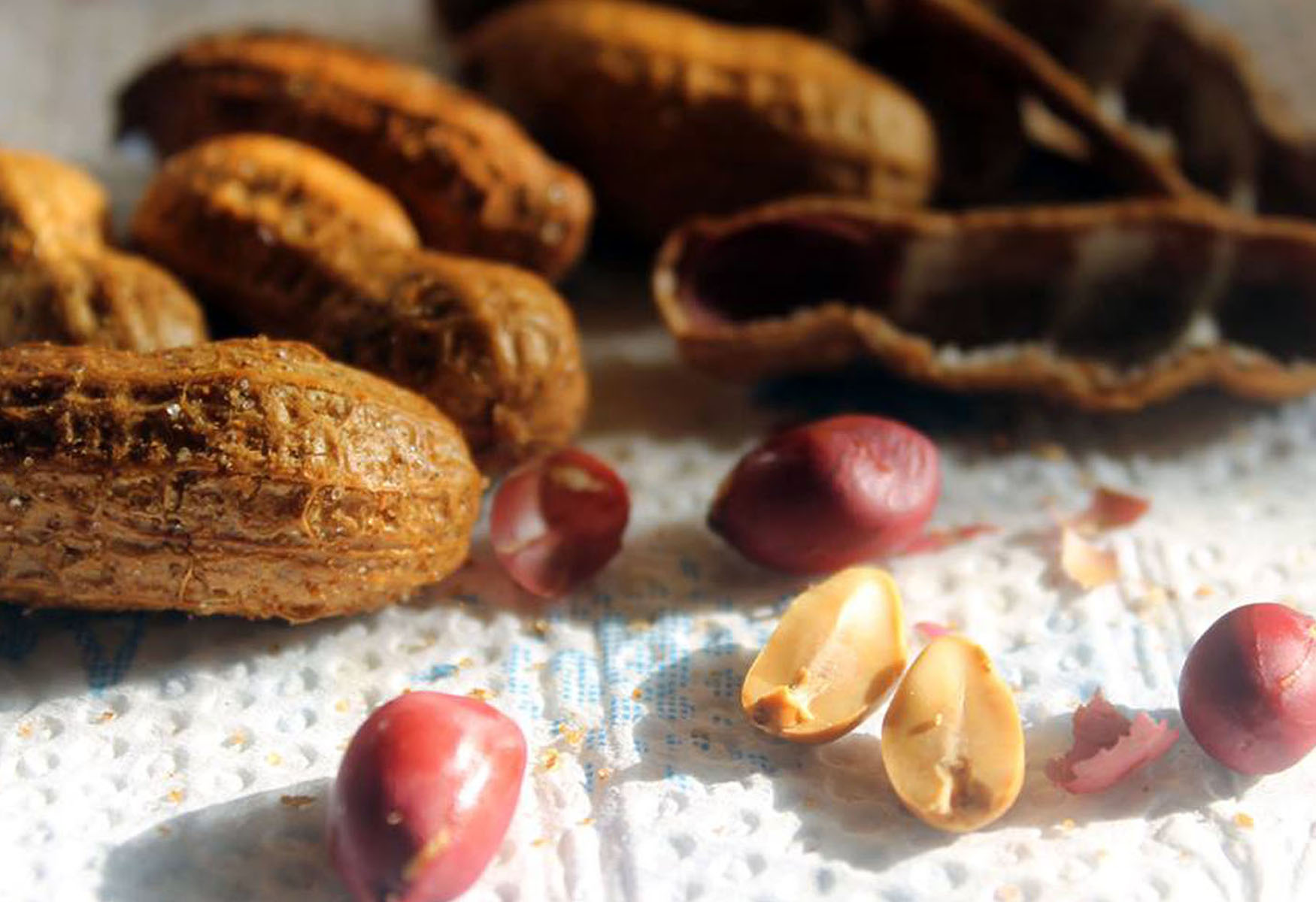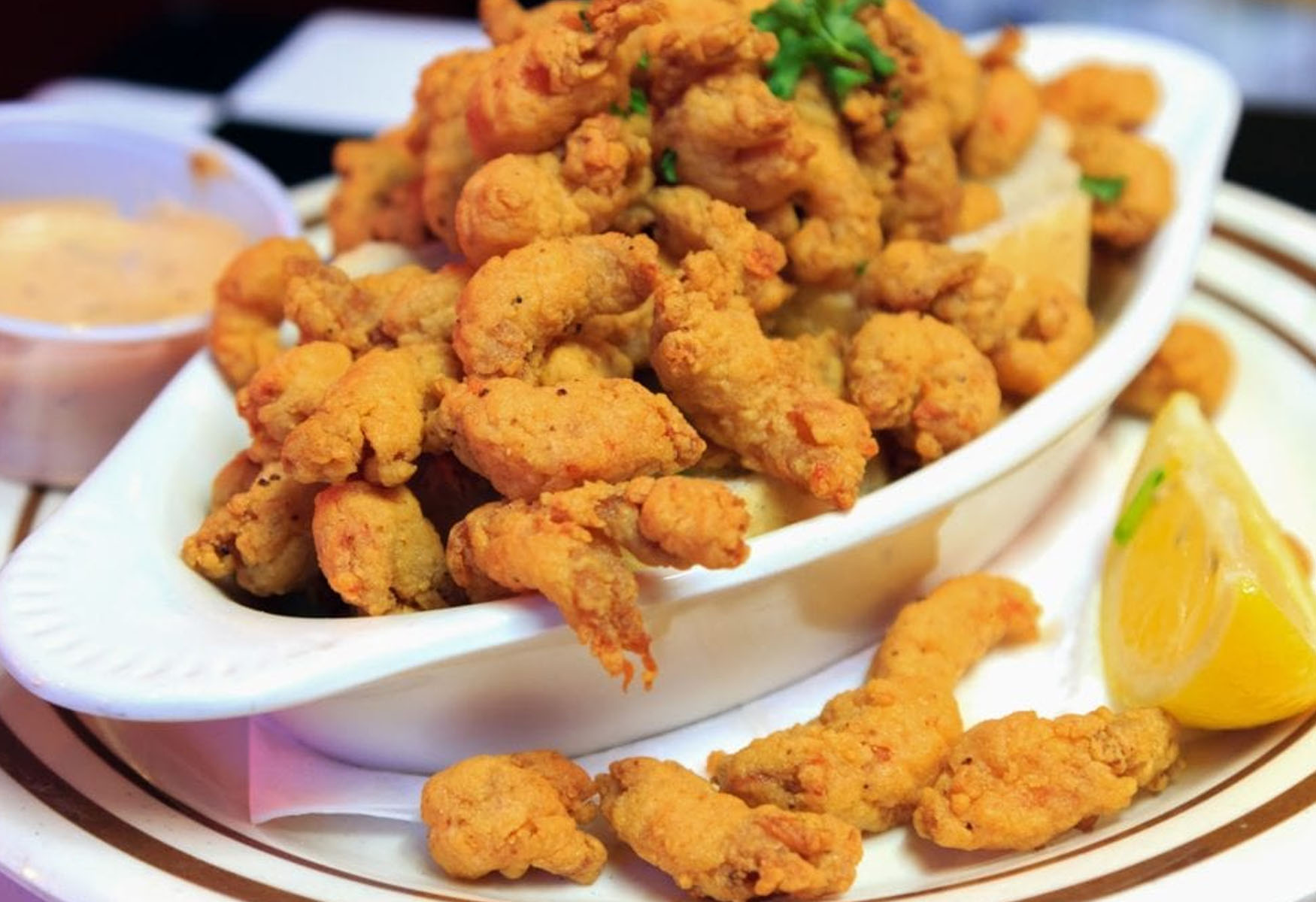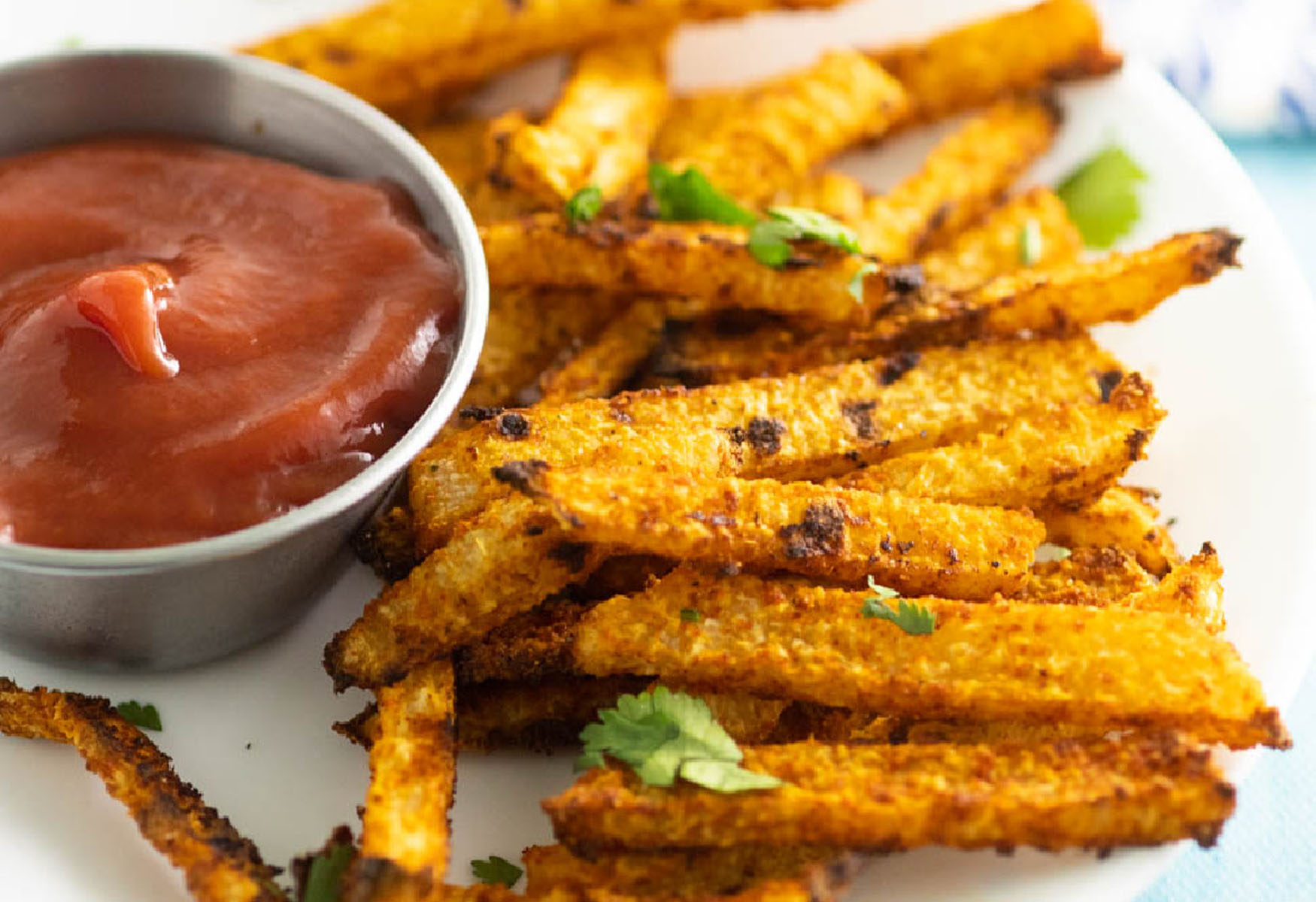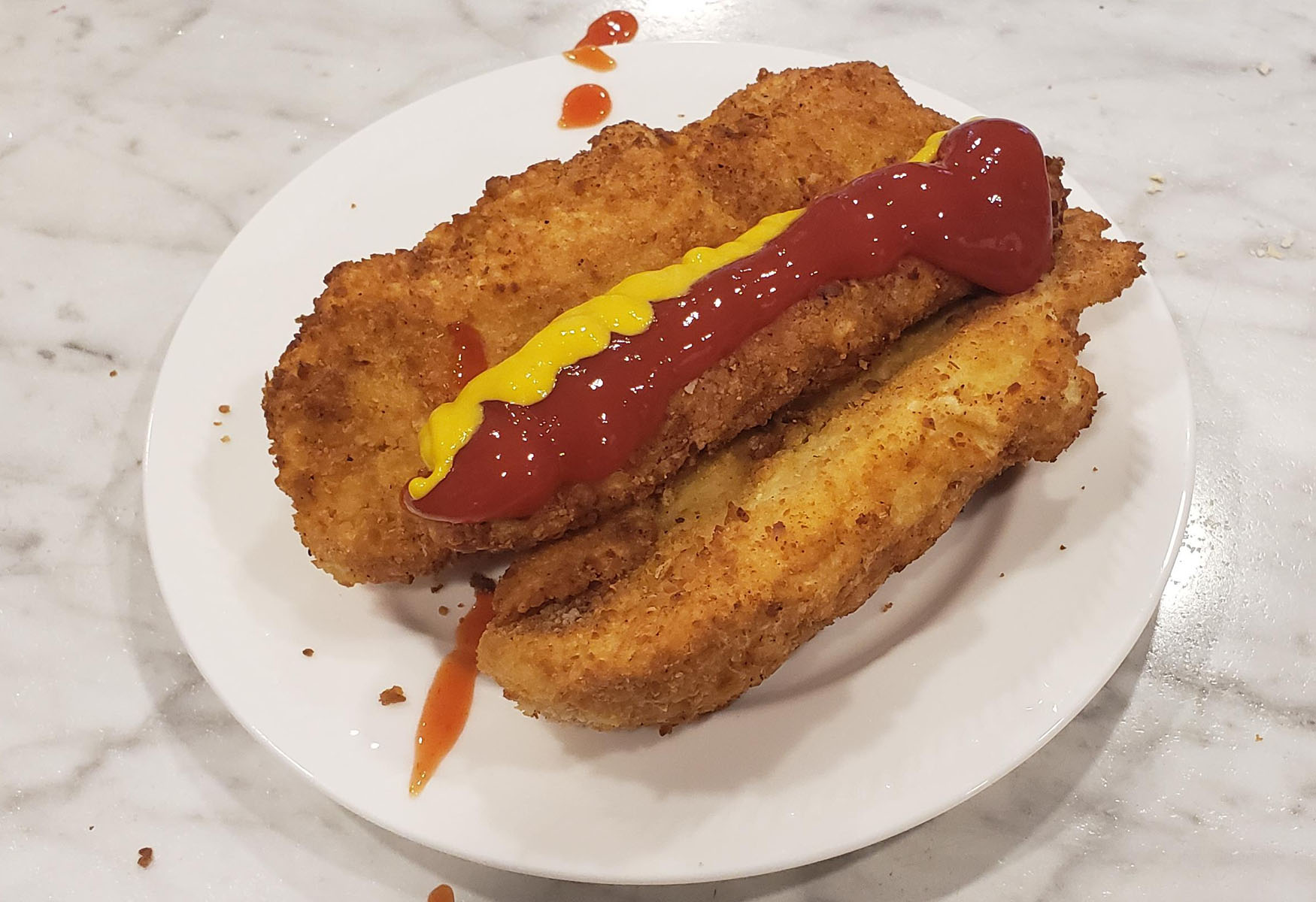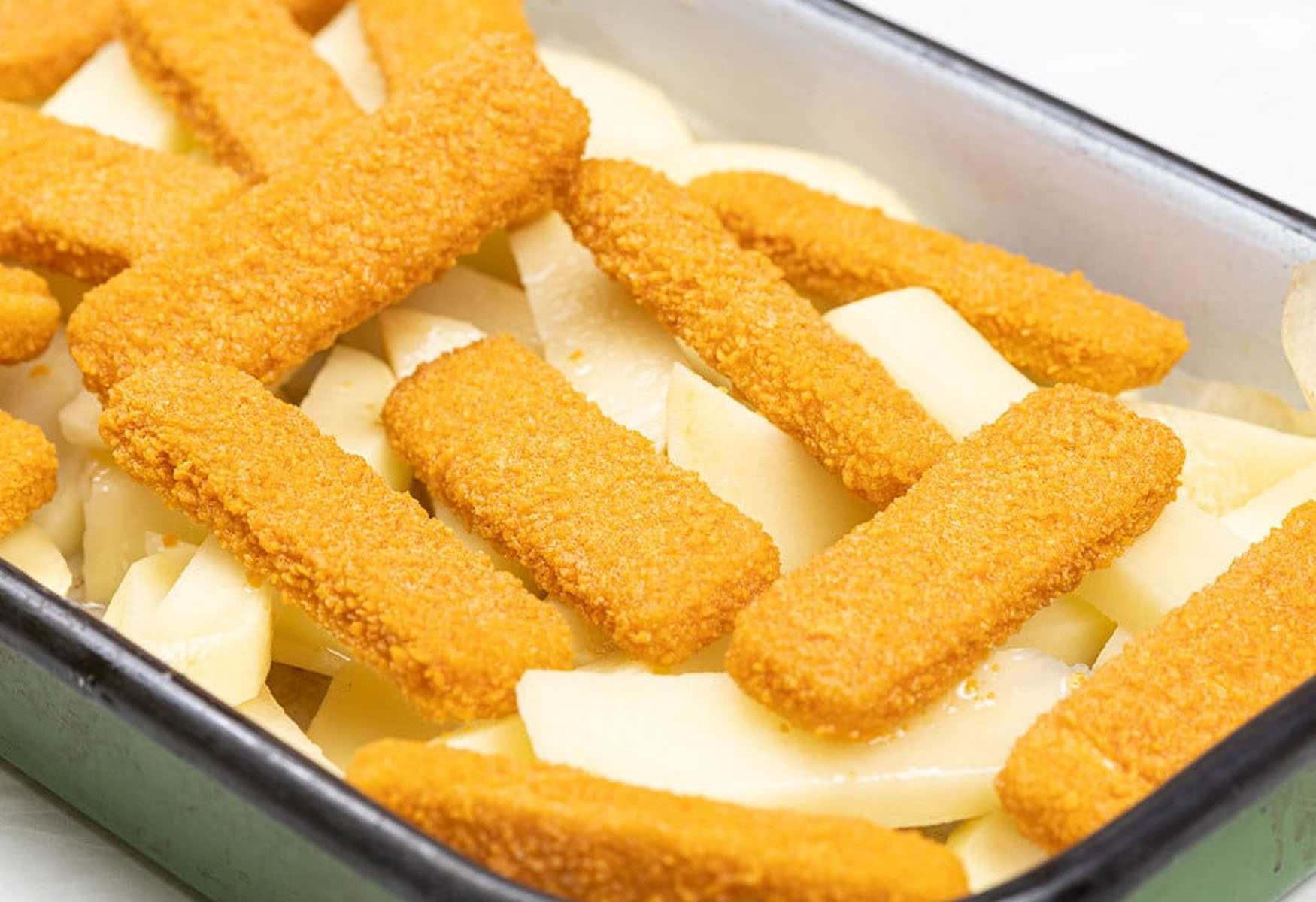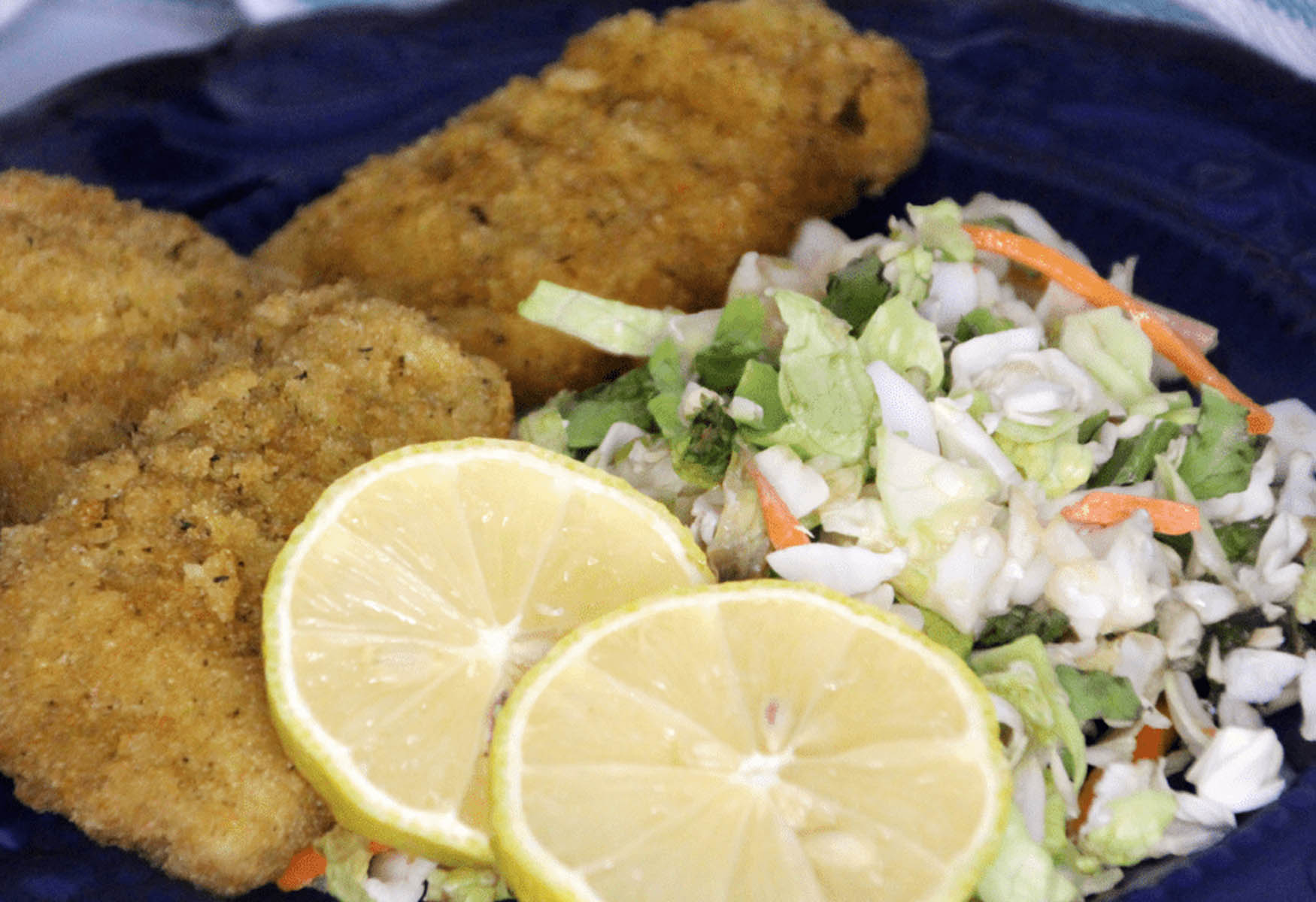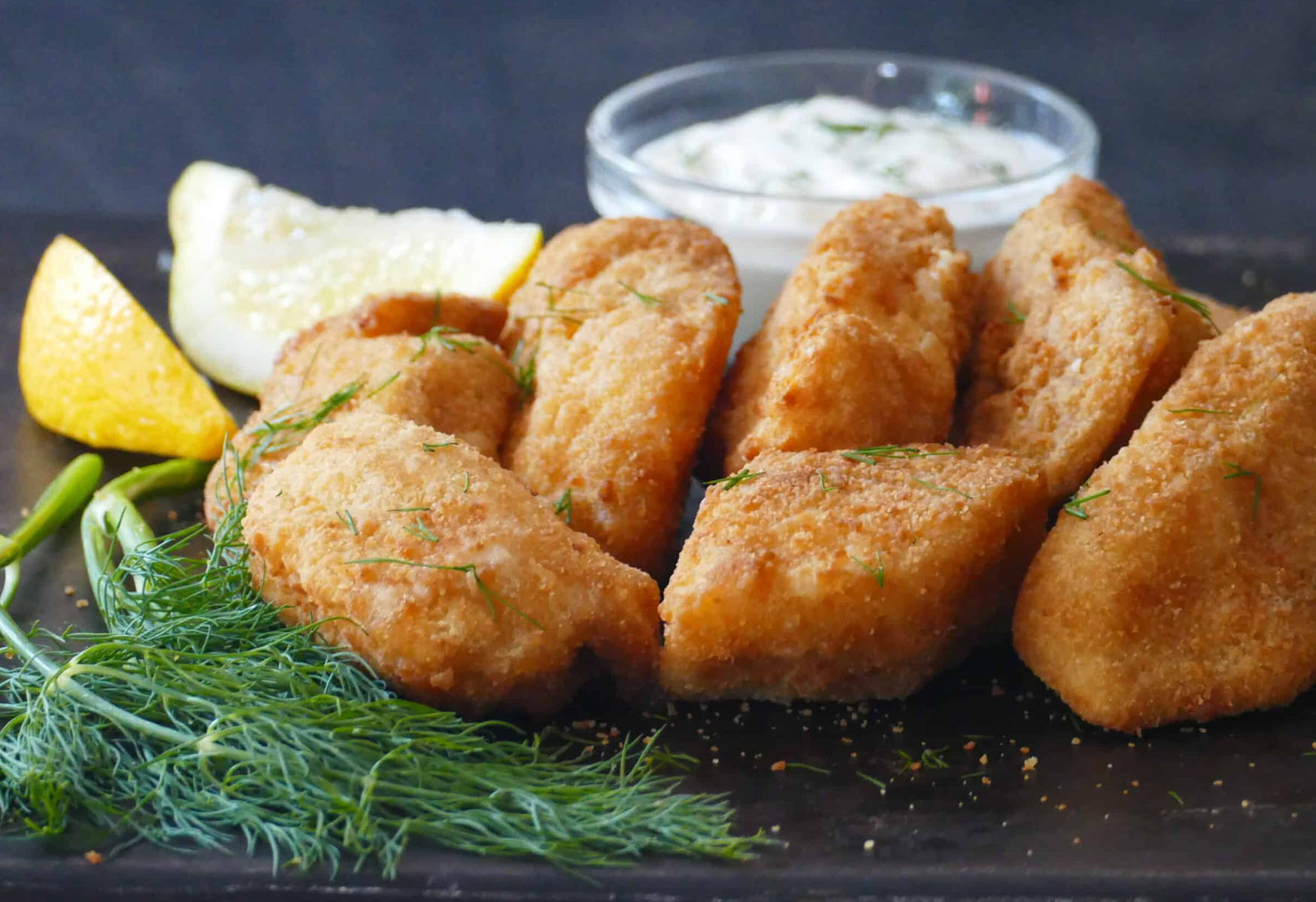Discover the Art of Pickling Caperberries
Are you looking to add a unique and flavorful twist to your culinary creations? Pickling caperberries is a fantastic way to enhance the taste and texture of these little bursts of flavor. Whether you’re a seasoned pickling pro or a newcomer to the world of preserving, pickling caperberries is a simple and rewarding process that can elevate your dishes to new heights. In this guide, we’ll walk you through the steps to pickling caperberries at home, allowing you to enjoy their tangy goodness all year round.
What You’ll Need
Before you embark on your pickling adventure, gather the following essentials:
- Fresh caperberries
- White vinegar
- Water
- Salt
- Sugar
- Garlic cloves
- Peppercorns
- Dill seeds
- Airtight jars
The Pickling Process
Now that you have all your ingredients at the ready, it’s time to dive into the pickling process. Follow these simple steps:
- Start by thoroughly rinsing the caperberries under cold water to remove any dirt or debris.
- Next, pack the caperberries into sterilized jars, along with a few cloves of garlic, a pinch of peppercorns, and a sprinkle of dill seeds.
- In a saucepan, combine equal parts white vinegar and water, then add a dash of salt and sugar. Bring the mixture to a gentle simmer, stirring until the salt and sugar are fully dissolved.
- Pour the hot brine over the caperberries, ensuring they are completely submerged.
- Seal the jars tightly and allow them to cool to room temperature before transferring them to the refrigerator.
Let the Flavors Develop
After about a week, your pickled caperberries will be ready to enjoy. The flavors will continue to develop over time, so feel free to let them mature for a few weeks for an even more intense taste experience. Once opened, store the jars in the refrigerator and consume the pickled caperberries within a few months for optimal flavor.
Ways to Enjoy Pickled Caperberries
Now that you have a batch of delicious pickled caperberries at your disposal, here are some creative ways to incorporate them into your meals:
- Add them to charcuterie boards for a tangy and visually appealing touch.
- Chop them up and mix into tuna or chicken salad for a burst of briny flavor.
- Garnish grilled fish or seafood dishes with a few pickled caperberries for a zesty kick.
- Include them in pasta salads or antipasto platters for an extra layer of complexity.
In Conclusion
Pickling caperberries is a delightful way to preserve and enhance their unique flavor profile. With just a few simple ingredients and a bit of patience, you can create a versatile condiment that will elevate a wide range of dishes. So, roll up your sleeves, gather your supplies, and get ready to savor the tangy goodness of homemade pickled caperberries!
Remember, the key to successful pickling is to experiment and have fun with the process. Don’t be afraid to adjust the seasonings and spices to suit your personal taste preferences. Happy pickling!
For those eager to experiment with their newly pickled caperberries, there are several recipes to try out. The Pickled Caperberry Tuna Salad offers a refreshing twist on a classic dish, while the Pickled Caperberry and Avocado Toast provides a delightful breakfast option. For a more substantial meal, the Lemon Chicken with Pickled Caperberries is a must-try with its zesty flavors. If hosting a gathering, the Pickled Caperberry Antipasto Platter and Pickled Caperberry and Goat Cheese Crostini are sure to impress guests with their sophisticated taste. Each recipe showcases the unique tang of pickled caperberries, making them a versatile addition to any culinary repertoire.
Was this page helpful?
Read Next: How To Pickle Mussels In Vinegar
